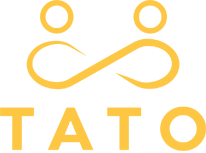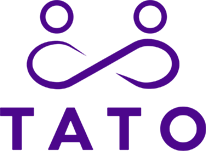




Upcoming Workshops
TA101 - Intro to TA
Menu






Rose Rylands talks about the story of The Handless Maiden and its meaning. Not heard the story? Click on the links below to hear Rose

Exploring the concept of Child ego state Nearly a week ago, on 10 March, I presented my winter evening seminar with TATO. My theme was

Following on from my previous video blog and the story of The Old Woman in the Cave, we have now entered the season of Imbolc

Why creativity? Exploring creativity – both for work with clients and for ourselves – is important to our team. I’m sure you will have noticed
Interview with Andy Williams, Director and Trainer at TA Training Organisation.
Psychotherapy is often like being a detective. In learning how to be a psychotherapist we go on the hunt for what is the underlying meaning
Are you thinking that you might be interested in training as a psychotherapist or a counsellor? Wondering if this is the kind of work you
If you are considering a career change to working as a psychotherapist this post is for you. You will find out what to expect on
Our seminar programme in Leeds has been a wonderful success. From January 2019 we will be running a similar programme of informal CPD and networking
So, you think you might want to begin psychotherapy training? Career Change You probably have lots of questions as you think about making this potential